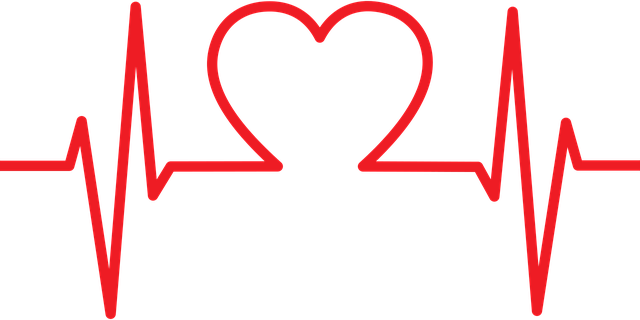An irregular heartbeat, also known as arrhythmia, is a condition that affects the rhythm of the heart. It can cause the heart to beat too fast, too slow, or in an irregular pattern.
Irregular heartbeats can be harmless, but they can also be a sign of a more serious underlying condition. Understanding the causes, symptoms, and treatment options for irregular heartbeats is important for maintaining good heart health.
What is an Irregular Heartbeat?
 An irregular heartbeat occurs when the electrical signals that control the heartbeat are disrupted. This can cause the heart to beat too fast (tachycardia), too slow (bradycardia), or in an irregular pattern (atrial fibrillation). There are several types of irregular heartbeats, including premature ventricular contractions (PVCs), supraventricular tachycardia (SVT), and ventricular fibrillation.
An irregular heartbeat occurs when the electrical signals that control the heartbeat are disrupted. This can cause the heart to beat too fast (tachycardia), too slow (bradycardia), or in an irregular pattern (atrial fibrillation). There are several types of irregular heartbeats, including premature ventricular contractions (PVCs), supraventricular tachycardia (SVT), and ventricular fibrillation.
Causes of Irregular Heartbeats
There are many factors that can cause irregular heartbeats, including high blood pressure, coronary artery disease, heart valve problems, and thyroid disorders. Other common causes include stress, caffeine and alcohol consumption, smoking, and certain medications. Risk factors for developing irregular heartbeats include age, family history of heart disease, and underlying medical conditions such as diabetes and sleep apnea.
Symptoms of an Irregular Heartbeat
Symptoms of an irregular heartbeat can vary depending on the type and severity of the arrhythmia. Common symptoms include palpitations (a feeling of skipped or extra beats), dizziness or lightheadedness, shortness of breath, chest pain or discomfort, and fatigue. In some cases, there may be no symptoms at all. It is important to seek medical attention if you experience any of these symptoms.
Diagnosing an Irregular Heartbeat
To diagnose an irregular heartbeat, your doctor may perform a physical exam, review your medical history, and order tests such as an electrocardiogram (ECG), Holter monitor, or event recorder. These tests can help identify the type and severity of the arrhythmia. It is important to seek medical attention for diagnosis, as untreated irregular heartbeats can lead to more serious complications.
Treating an Irregular Heartbeat
Treatment for irregular heartbeats depends on the type and severity of the arrhythmia. Medications such as beta blockers and calcium channel blockers can help regulate the heartbeat. In some cases, procedures such as cardioversion (a shock to the heart to restore normal rhythm) or ablation (destruction of abnormal heart tissue) may be necessary. Lifestyle changes such as reducing stress, avoiding caffeine and alcohol, and quitting smoking can also help manage irregular heartbeats.
When to Seek Medical Attention
It is important to seek medical attention if you experience any symptoms of an irregular heartbeat. In some cases, irregular heartbeats can lead to more serious complications such as stroke or heart failure. If you experience chest pain or discomfort, shortness of breath, or fainting, call 911 immediately.
The Bottom Line: How Serious Are Irregular Heartbeats?
While some types of irregular heartbeats are harmless, others can be a sign of a more serious underlying condition.
It is important to understand the causes, symptoms, and treatment options for irregular heartbeats in order to maintain good heart health. If you experience any symptoms of an irregular heartbeat, seek medical attention right away.








